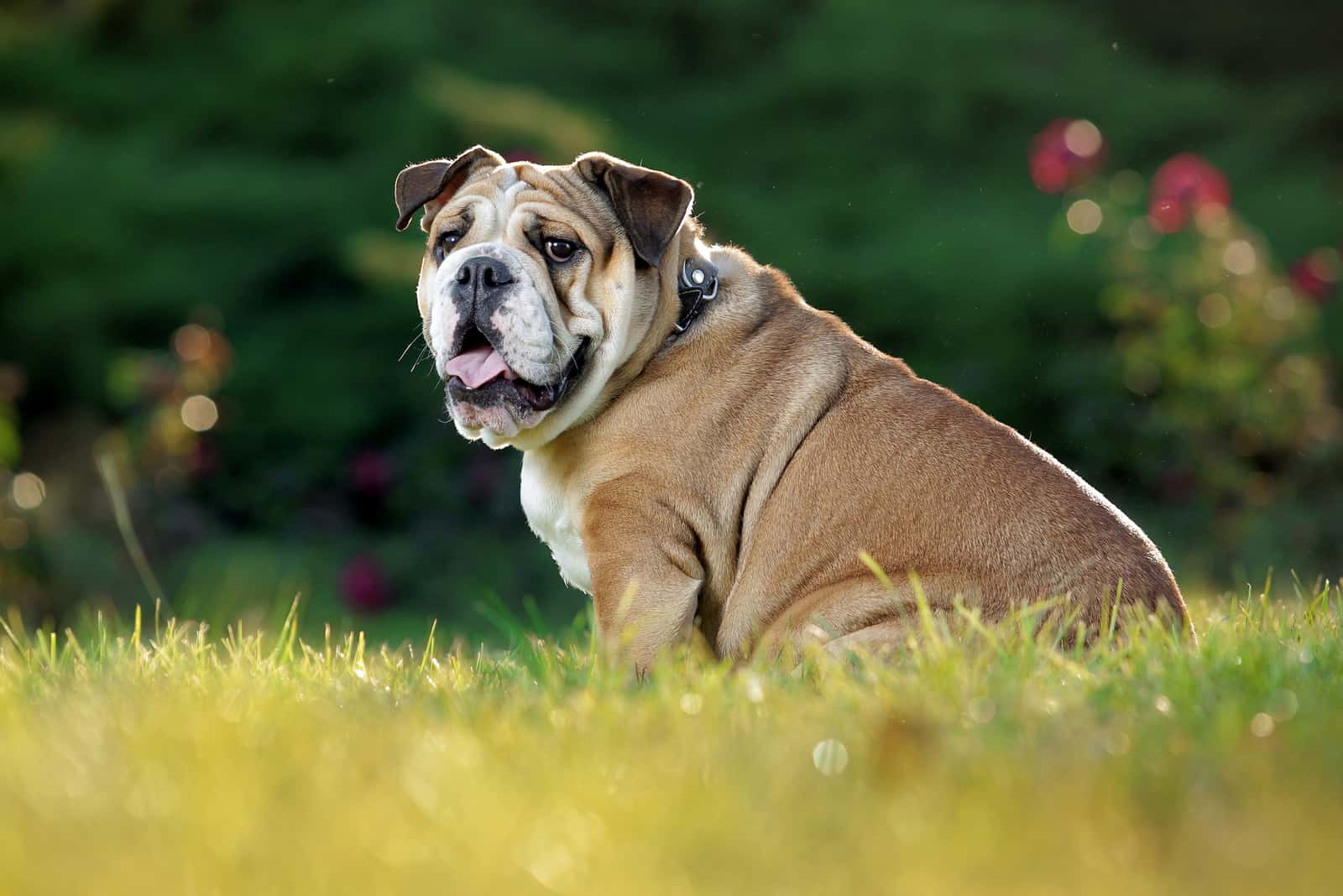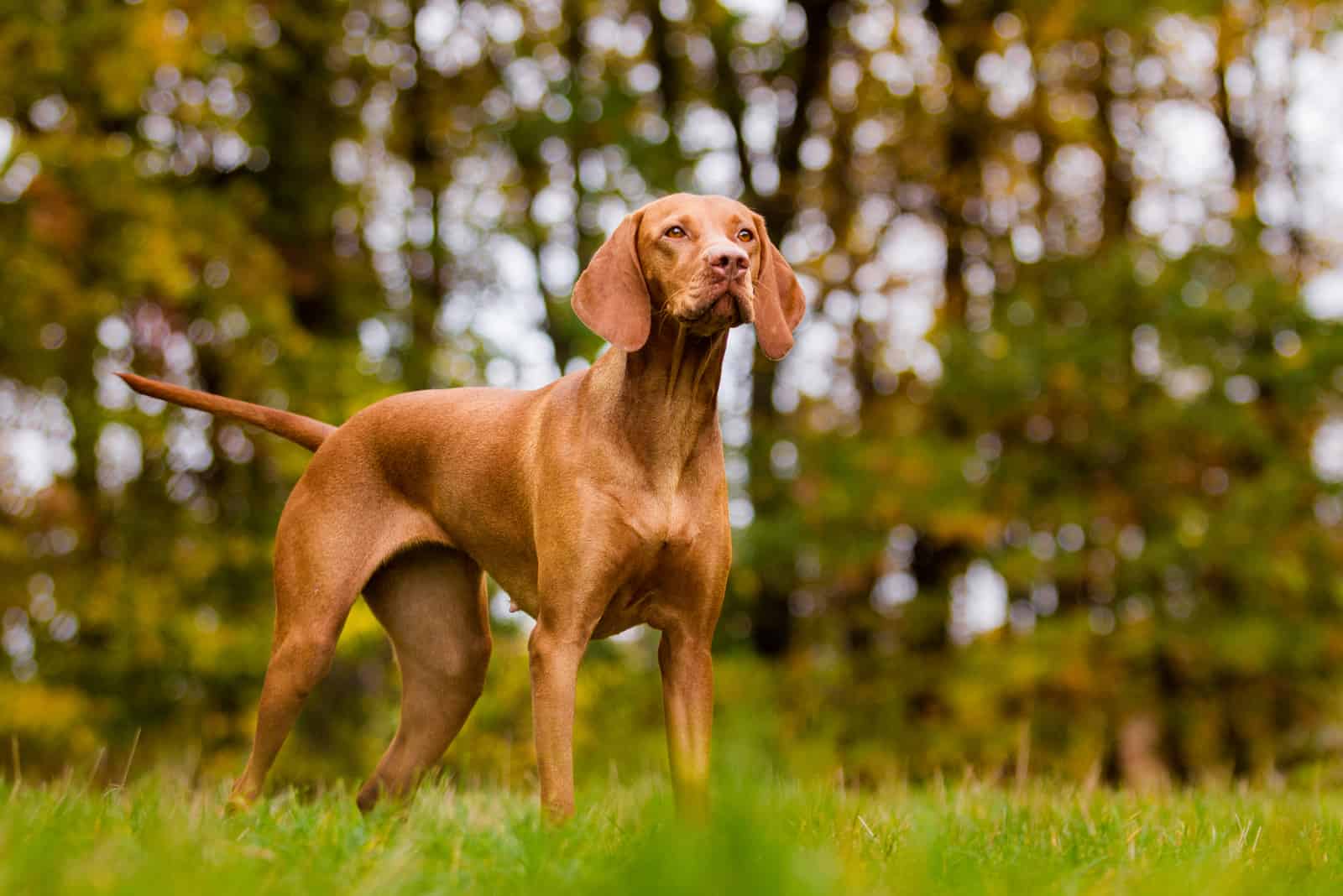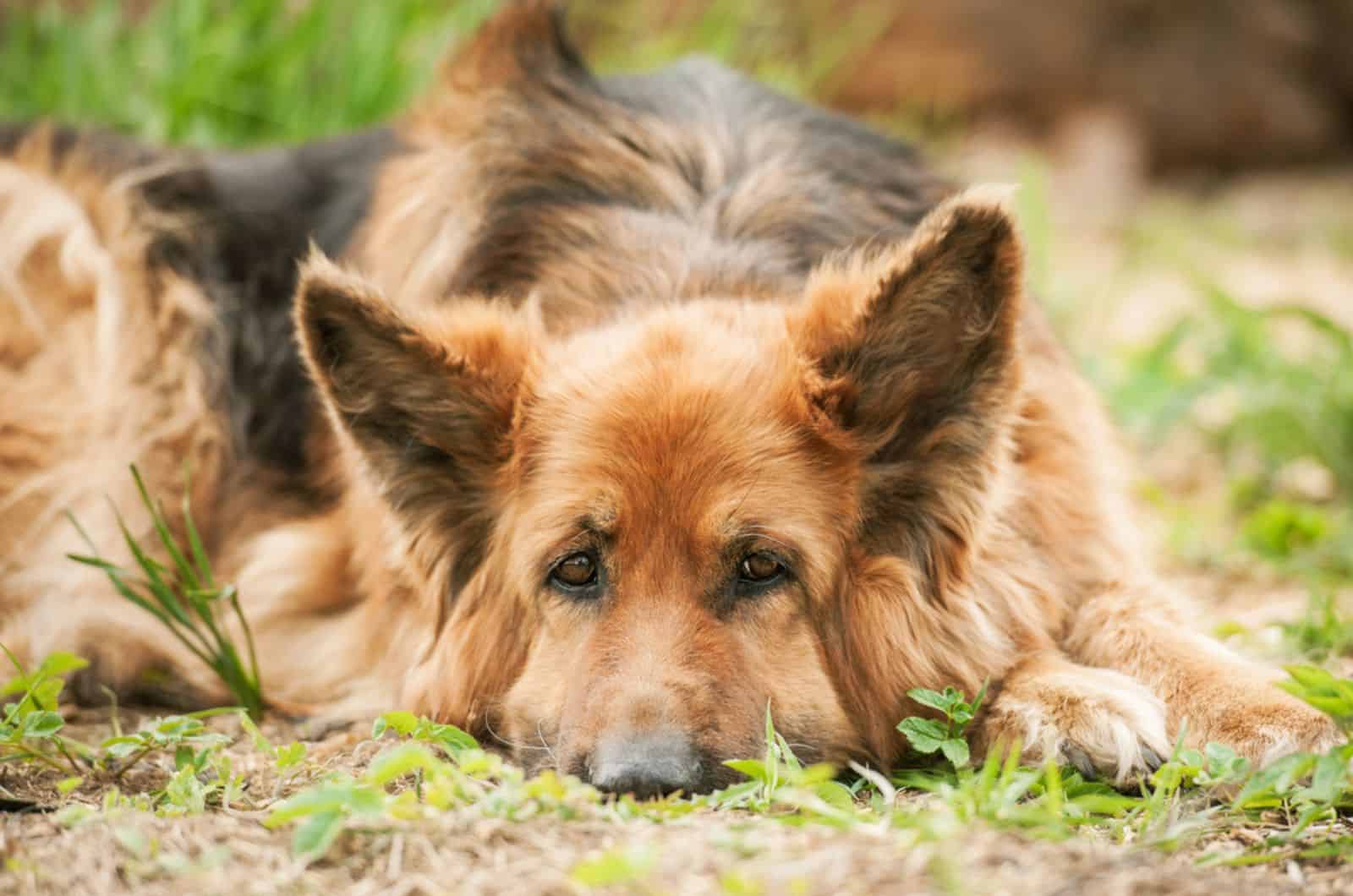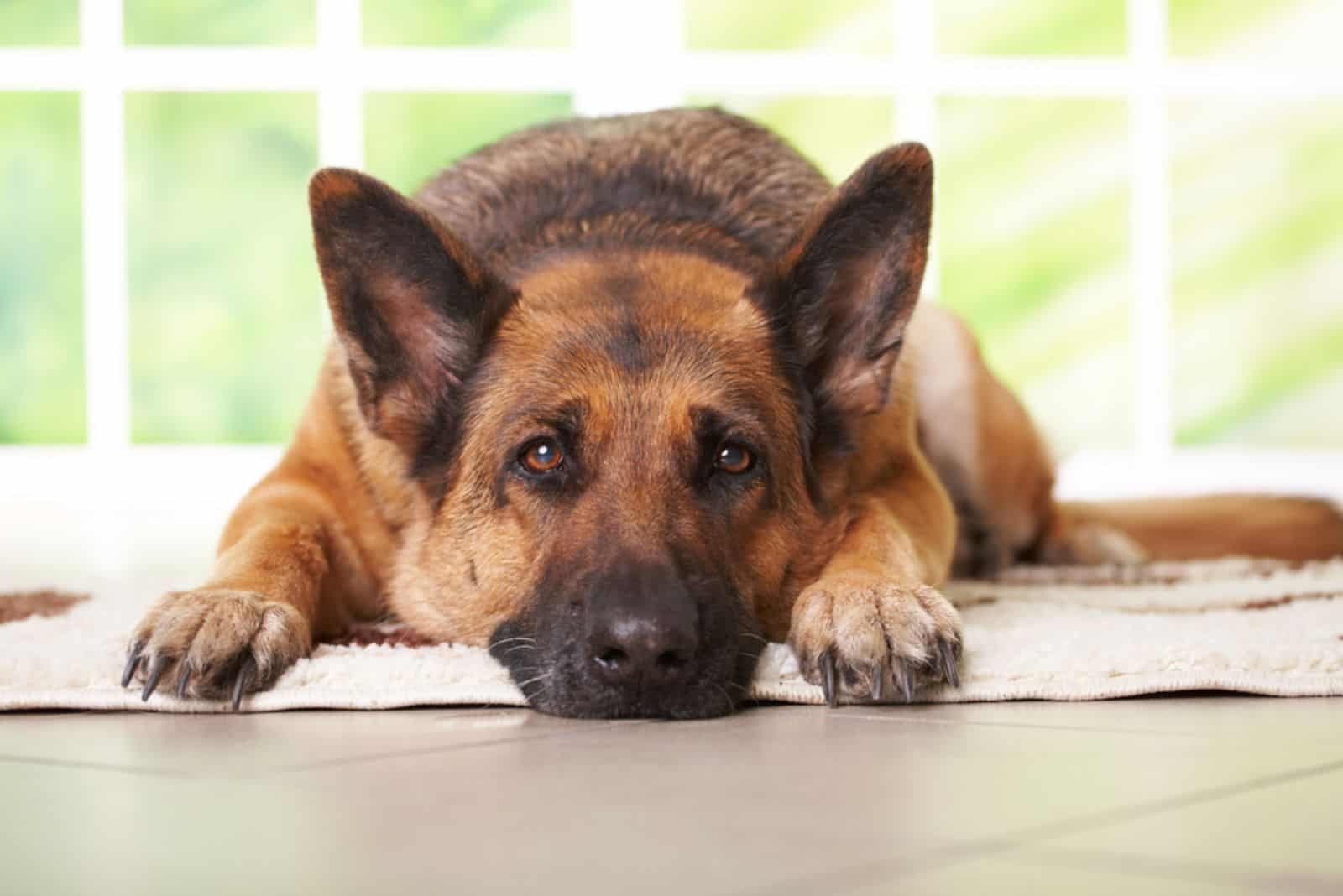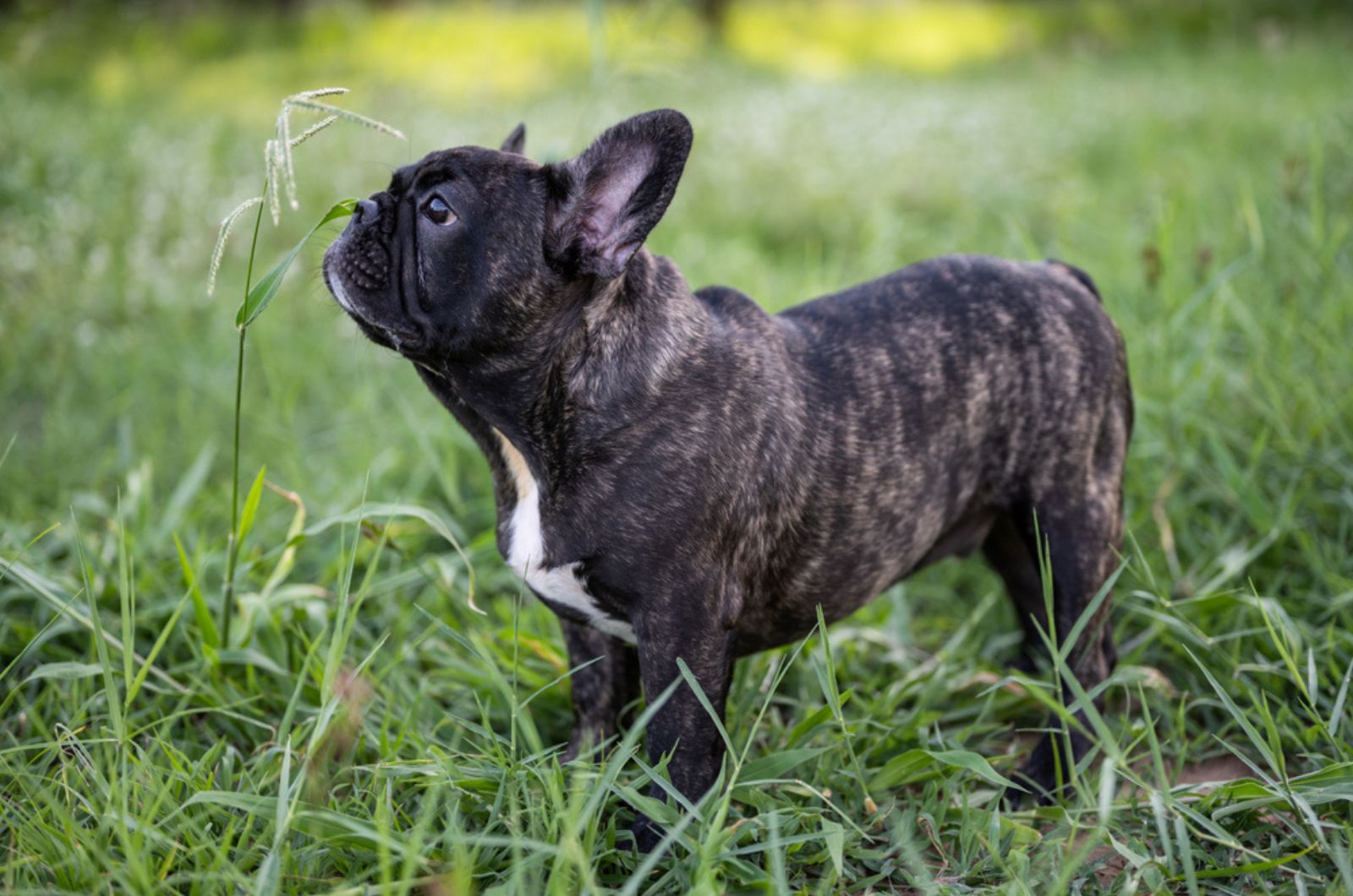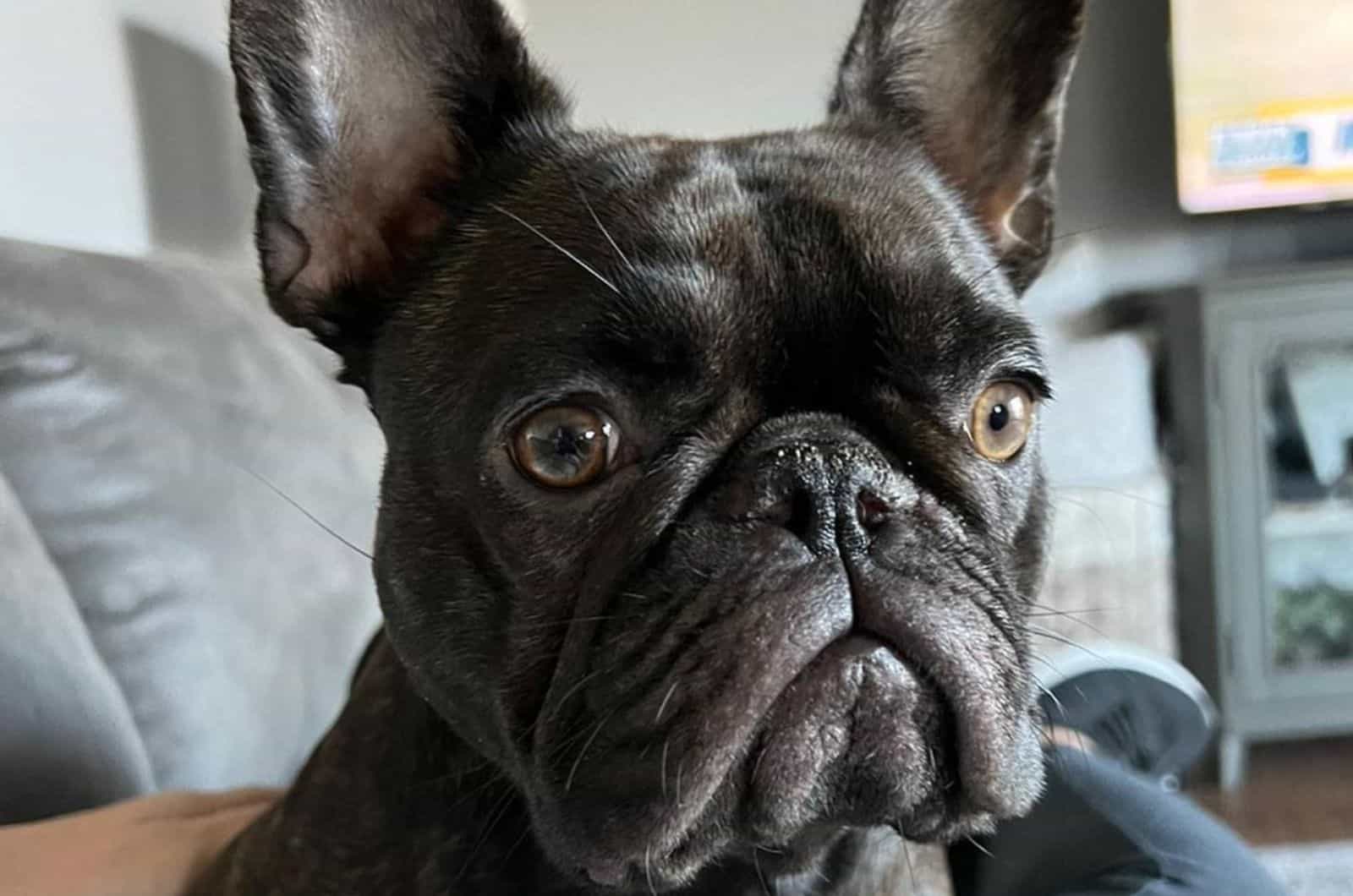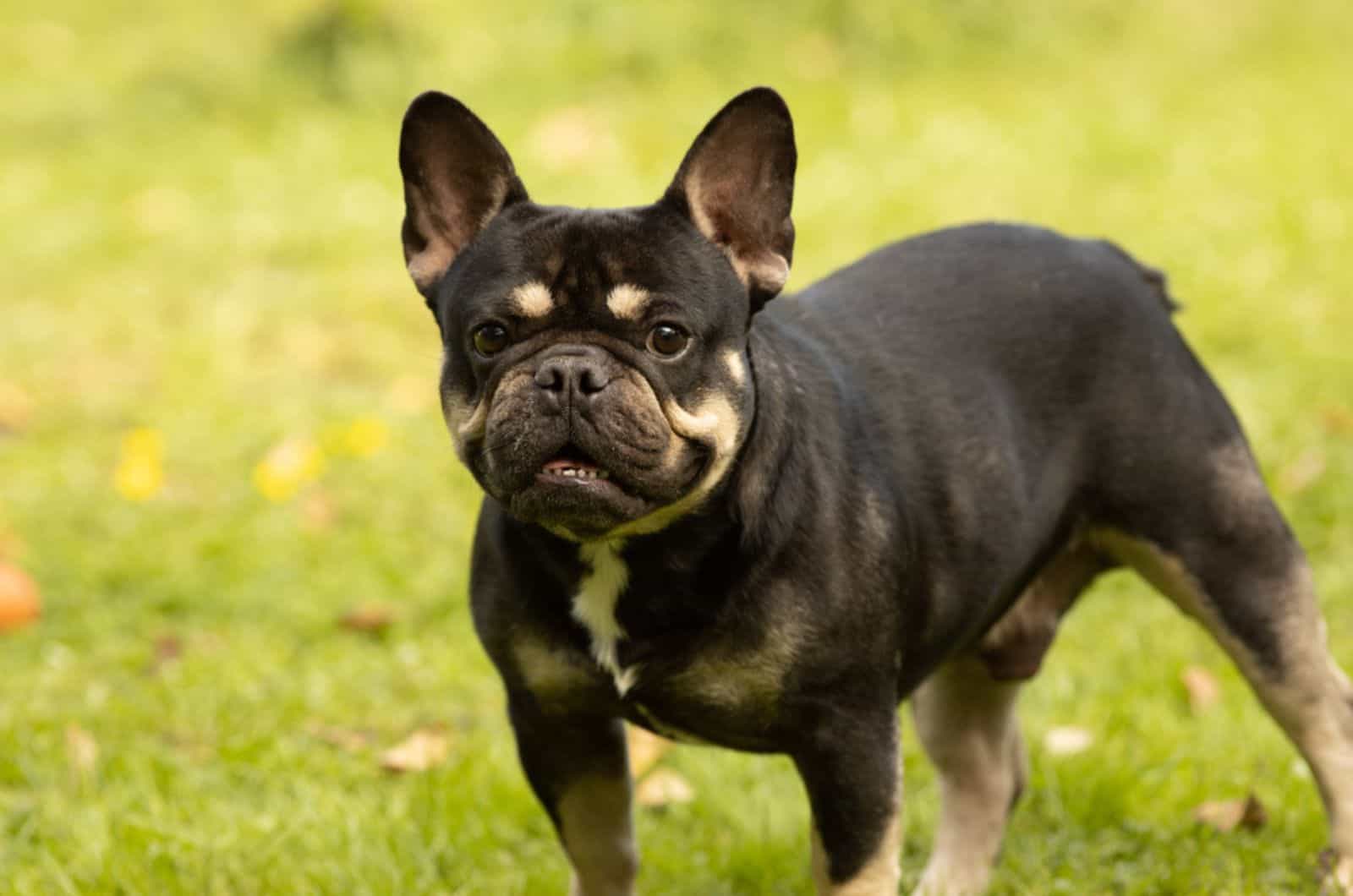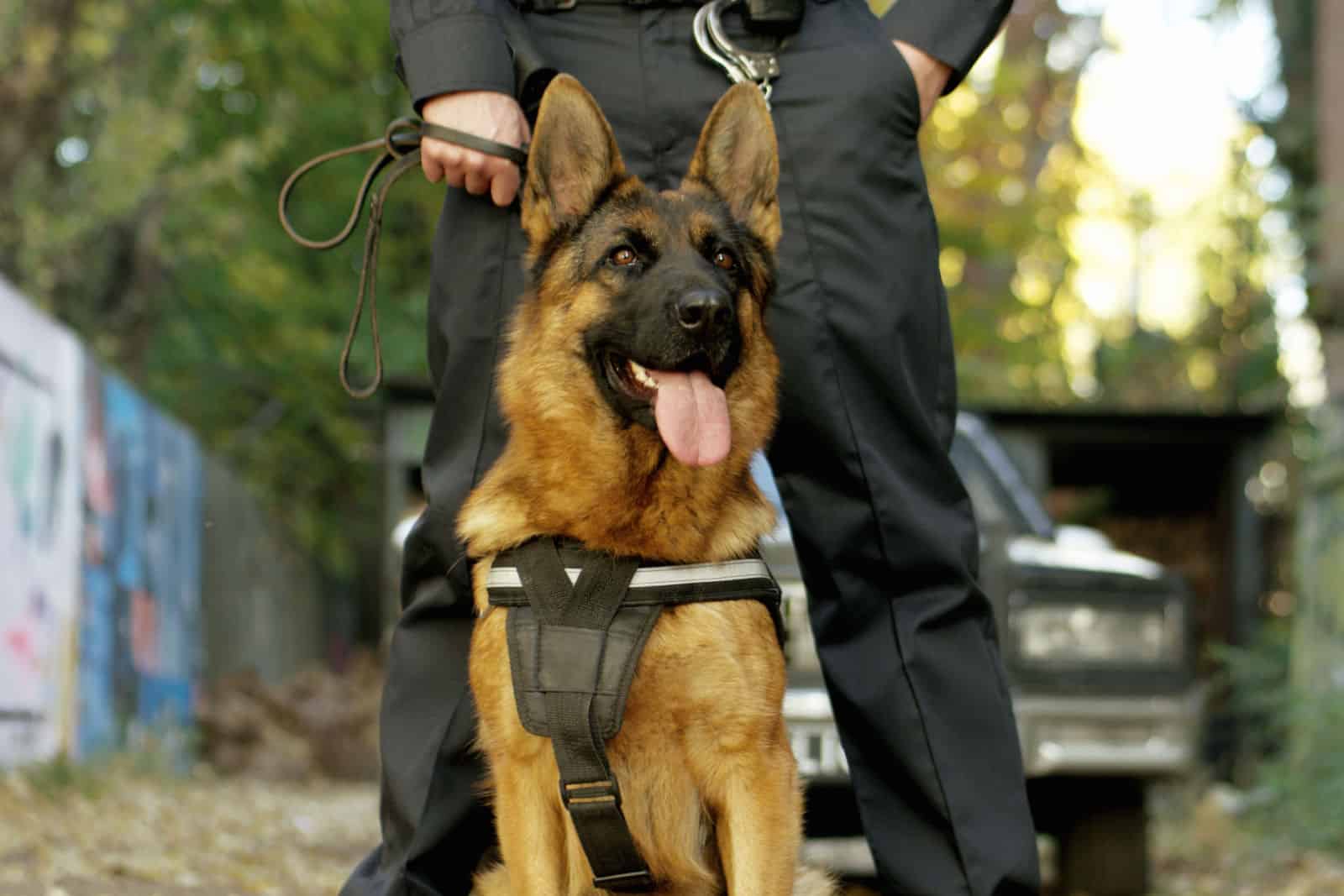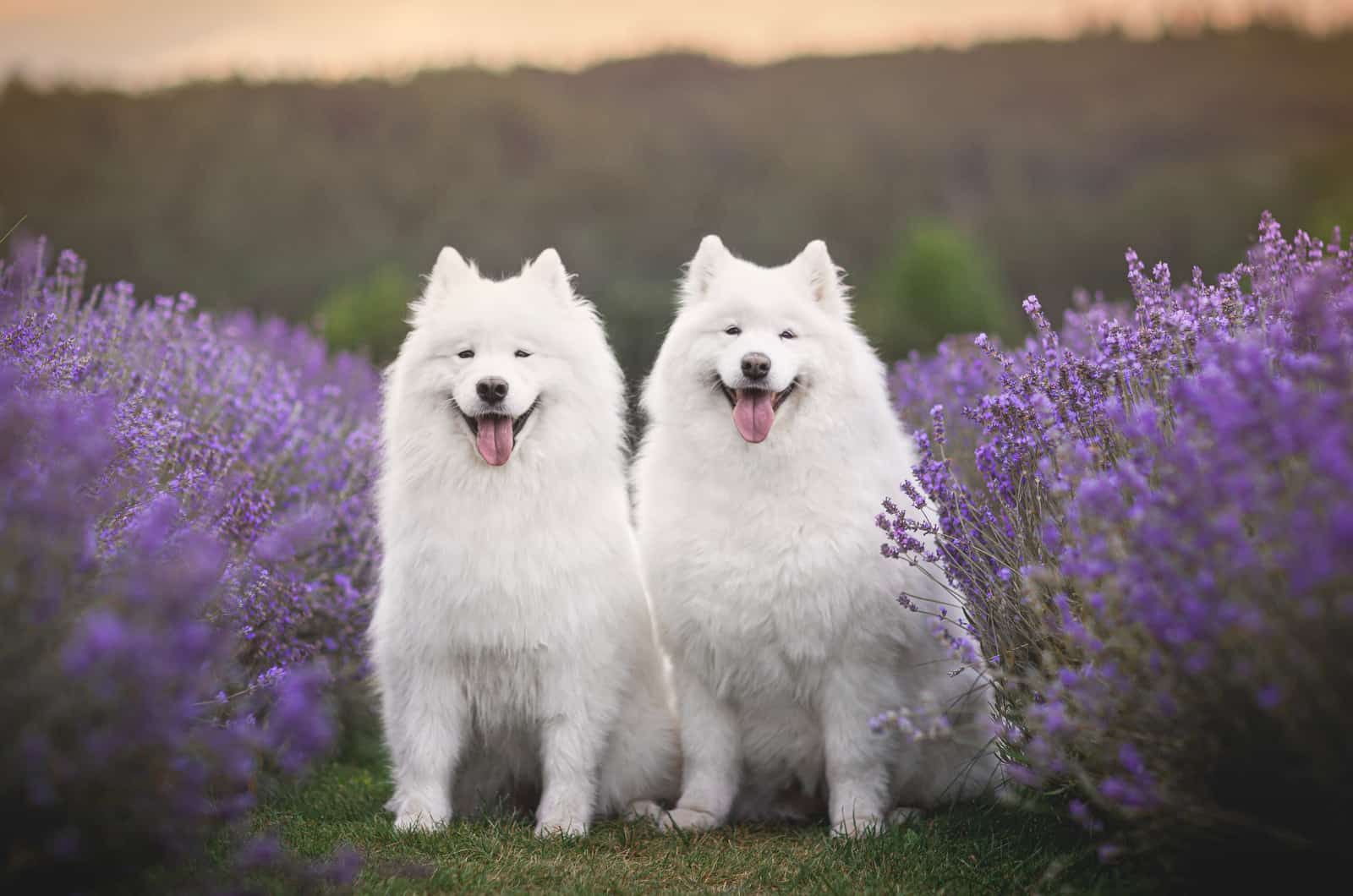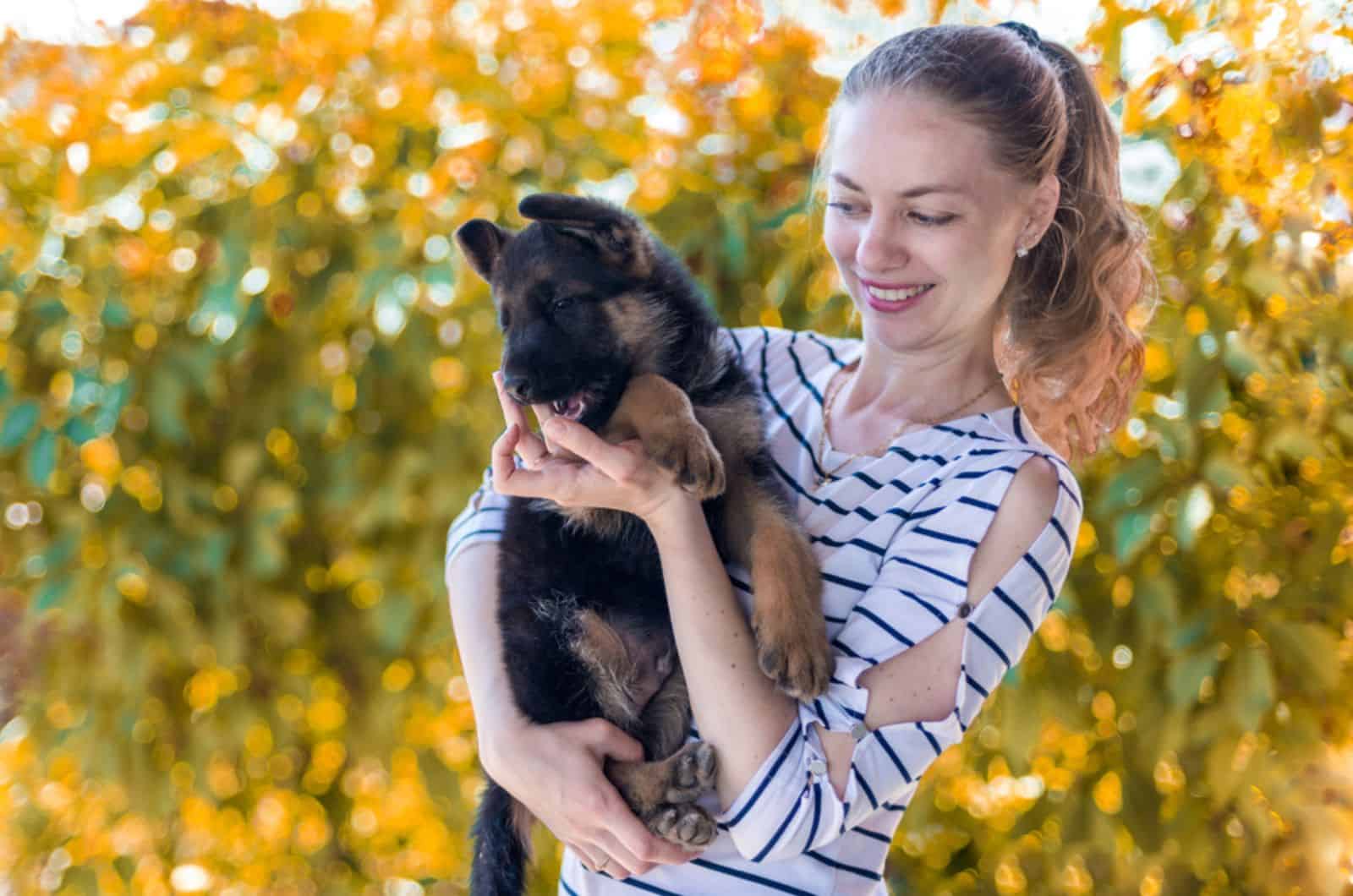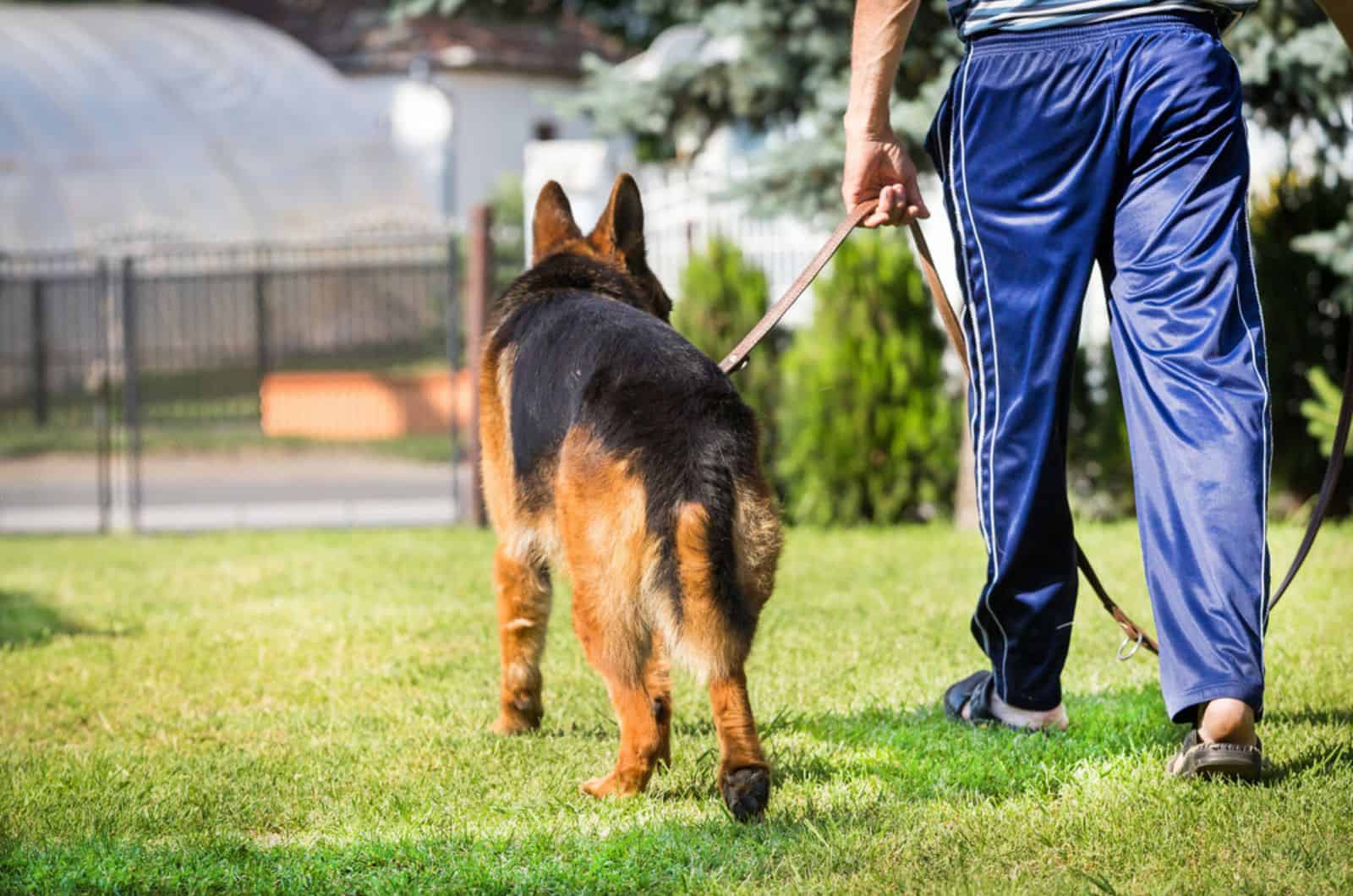It’s a beautiful sunny morning, and you’re enjoying your walk with your best pal beside you.
As you glance over, you catch a glimpse of your beloved German Shepherd engaging in his morning routine. You notice he’s walking in small circles, sniffing the ground with curiosity, and then repeating the process.
Is he trying to create the perfect spot for his nap, exploring his territory, or just enjoying a playful moment on his own?
Well, you know for a fact that your pup is simply being his playful, curious self, indulging in his goofy GSD behavior.
However, as a responsible pet owner, you also know that circle walking can sometimes be indicative of underlying health issues.
Let’s keep a close eye on your precious pup to make sure he is not showing signs of discomfort or distress during his circle walks.
Here are 7 reasons why German Shepherds walk in circles!
Harmless German Shepherd Circle Walking
Okay, here’s the good news: the whole German Shepherd walking around in circles may not be as bad as you thought it was.
As playful and curious as they are, no wonder there are some silly behaviors that come along! And, as a fellow crazy GSD owner, I am sure that you know it all too well!
So, don’t worry – in most cases, circle walking in these pooches is completely harmless and simply a part of their natural instincts and behaviors.
1. Nesting Behavior
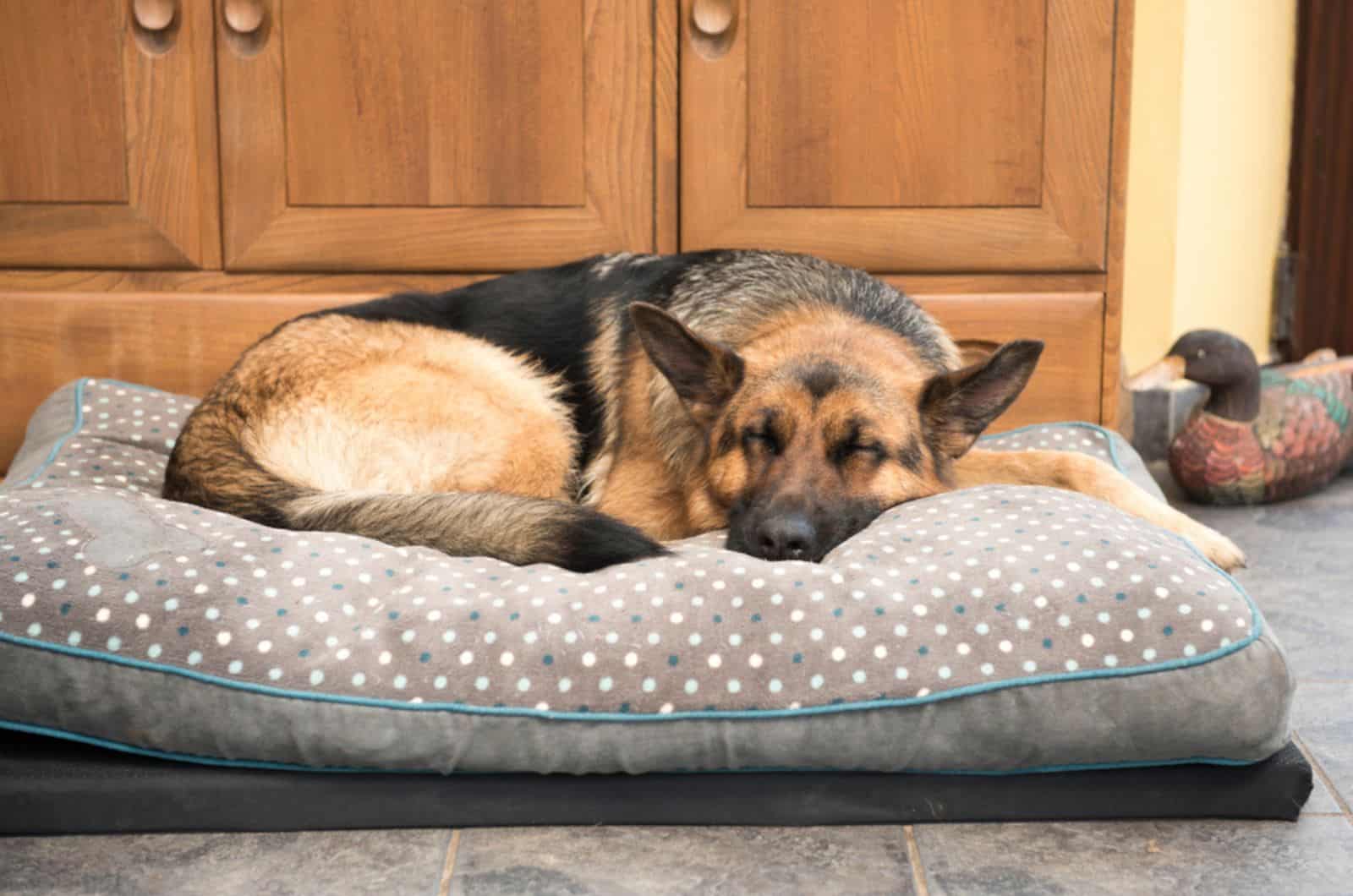
Like all dogs, German Shepherds are known for their instinctive nesting behavior, and it can be quite a spectacle to witness. I had a female GSD Lucy who would have a whole ritual before settling in.
Instead of just plopping down, she would start a comical ritual of walking in circles, fluffing up the blankets or pillows with her paws, and rearranging her sleeping spot multiple times.
She sniffs, scratches the sheets, and turns around in circles until she finally deems her bed “just right.”
This, what seems to us as silly behavior, stems from their ancestral instincts. In the wild, wolves and wild dogs would create a comfortable and secure spot to rest by circling and trampling down the grass or foliage.
It is also thought to be triggered by the increasing frequency and intensity of uterine contractions in female dogs, which is a natural part of the reproductive process (1).
This behavior has been passed down to our domesticated German Shepherds, who still retain their natural instincts despite living in our cozy homes!
2. Exploration Circles
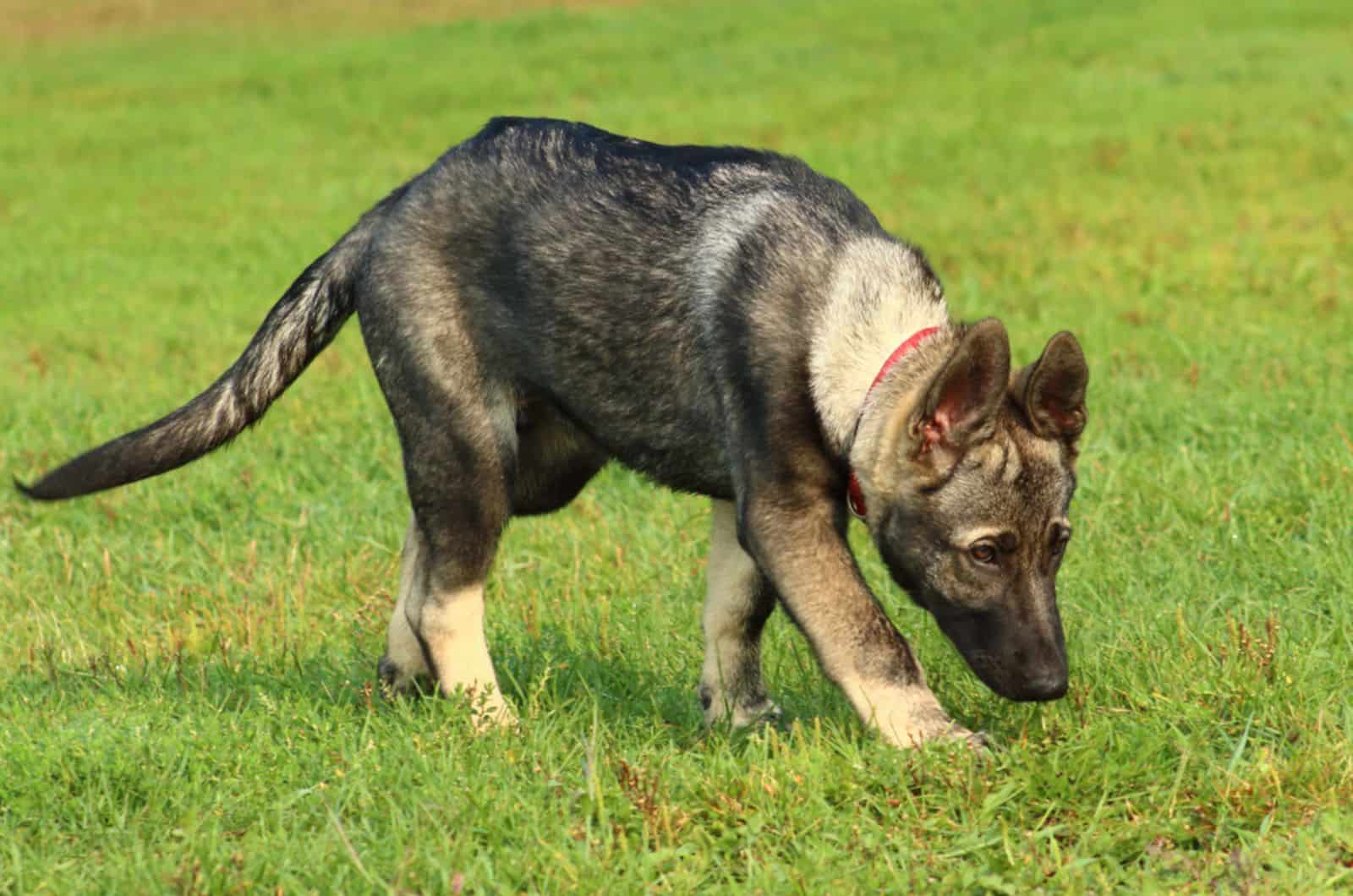
If you are fond of taking your German Shepherd out on new walk routes, hiking trips, and other, unknown locations, then you have probably encountered the exploration circle walking! Well, that’s what I like to call it.
GSDs like to go into full detective mode, sniffing the air, wagging their tails, and then, walking in circles!
They round and round, sniffing and scanning the surroundings with endless amounts of energy and enthusiasm. They probably smell something fun on the ground and then decide the smell was coming from another direction.
This behavior is a fascinating display of their natural instincts to explore and also a way to mark their surroundings.
3. Playful Circles
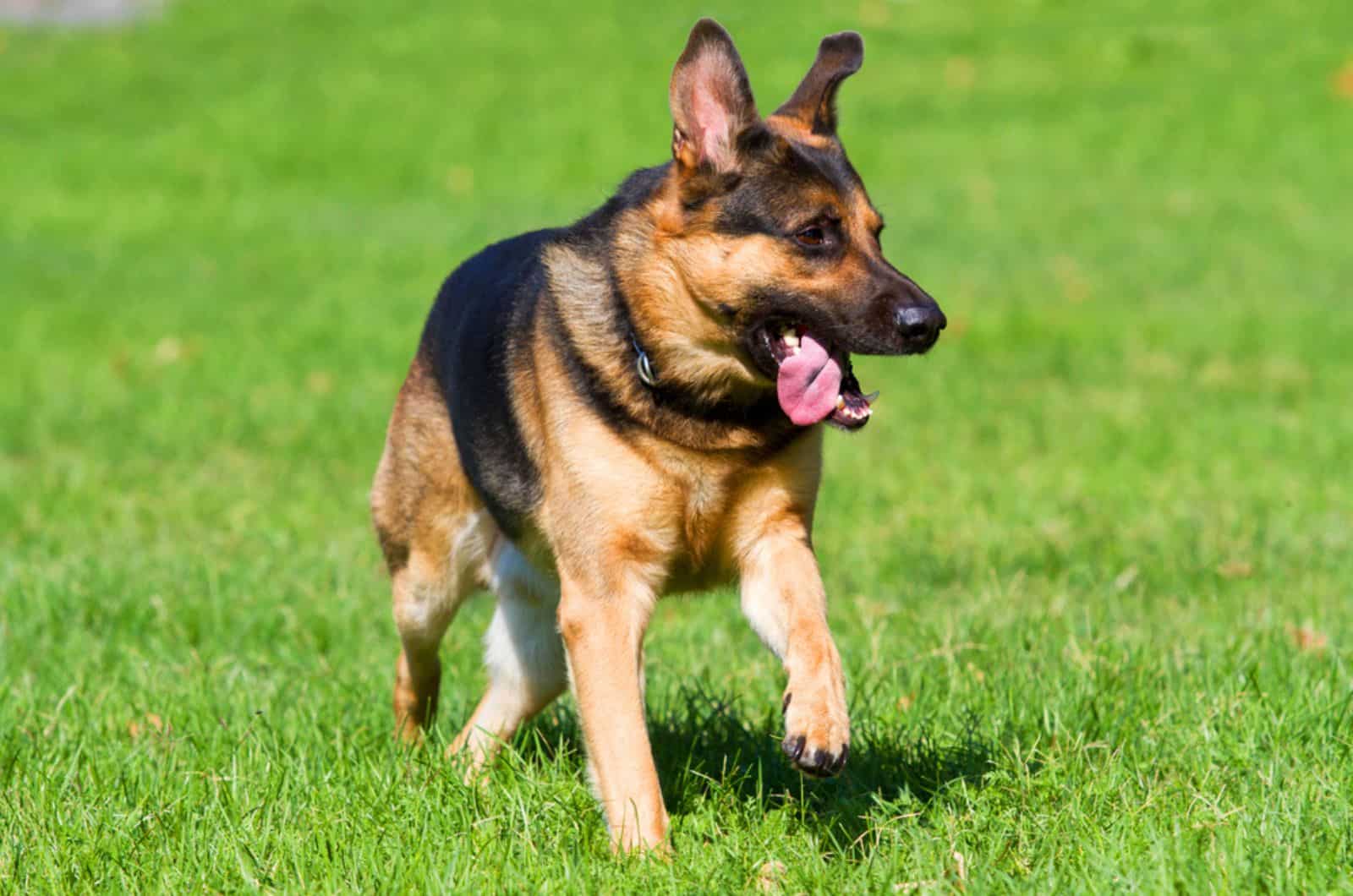
When it’s playtime, these mischievous pups mean serious business!
They like to engage in a good ol’ game of tag by running around in circles around their older canine siblings or even their hoomans, as if they’re saying, “Come catch me if you can!” And I am pretty sure you can not outrun a German Shepherd.
Lucy was a super-playful dog – she loved to run around in big and small circles! Whether she was playing with her doggo friends at the park, or simply waiting for me to grab the leash and take her out on a walk.
What I also noticed when she was a young puppy is that she would start playfully nipping at other dog’s necks, as if she was inviting them for a wrestling match!
In fact, this type of energetic and spontaneous play behavior even has its own fun name – “zoomies” or “FRAPs” (Frenetic Random Activity Periods). It’s like a burst of pure joy and excitement that results from built-up energy or as a release of tension.
4. Potty Ritual
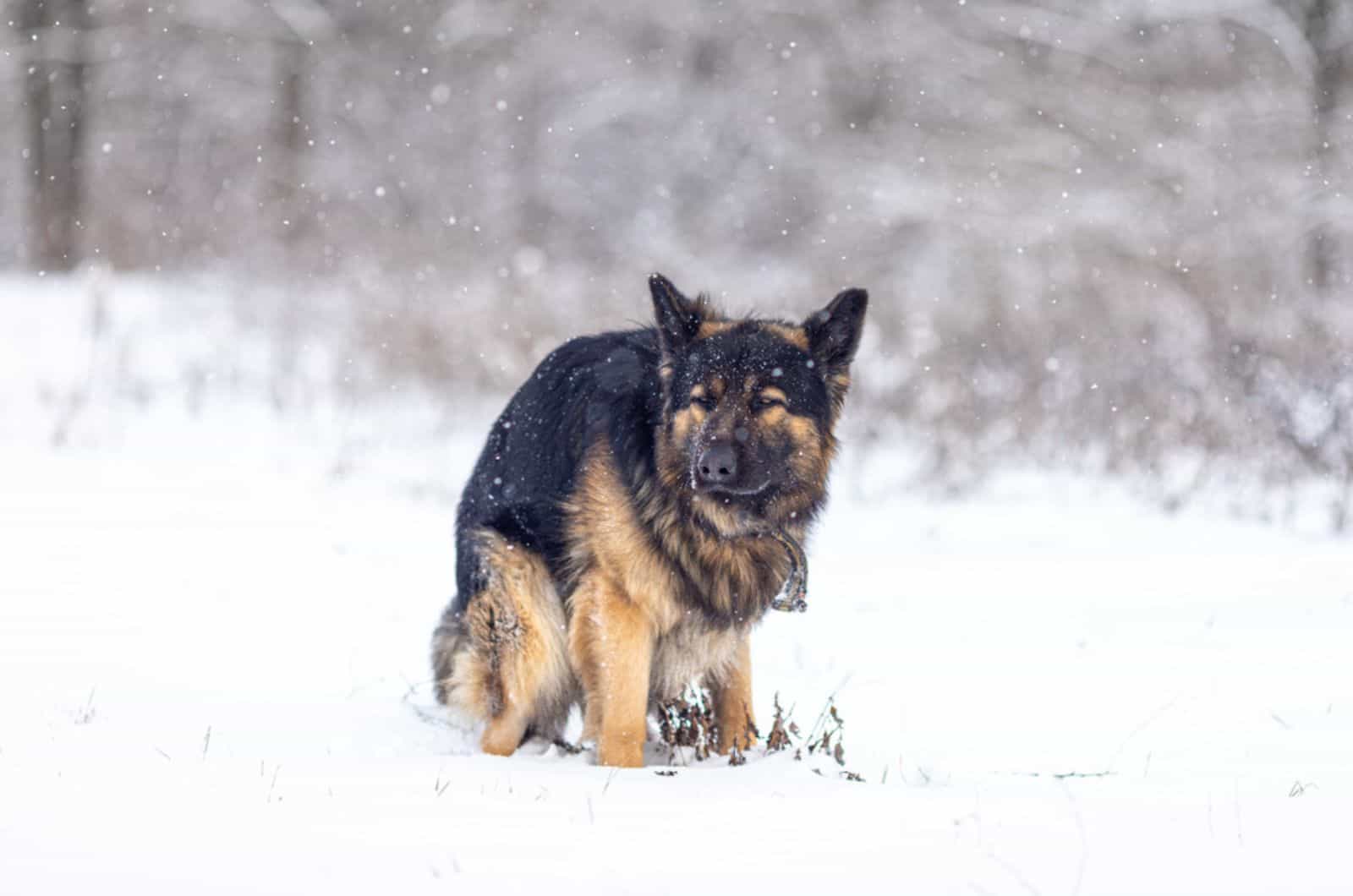
Before going potty, some German Shepherds may engage in circling behaviors as part of their pre-potty routine. Yes, it is a thing.
One common sight you might encounter is your lovely GSD walking in circles before finally finding the perfect spot to do his business.
Now, this could involve circling a particular spot multiple times and sniffing the area. It’s often an instinctive behavior that dogs use to mark their territory, ensure their safety, and prepare the area before pooping.
In the wild, dogs would walk in circles to trample down grass or leaves, creating a nest-like spot where they can poop or hide their scent from potential predators.
But in our modern homes, this behavior may seem a bit comical and perhaps a bit scary, knowing that the dog is just about to poop on the new carpet!
Health Issues Linked To German Shepherds Walking In Circles
Now for the not-so-fun part, the one every German Shepherd owner dreads: health issues linked to walking in circles.
As responsible dog owners, we need to be aware of these potential health concerns and take appropriate measures to ensure our canine pals stay happy and healthy.
1. Ear Infections
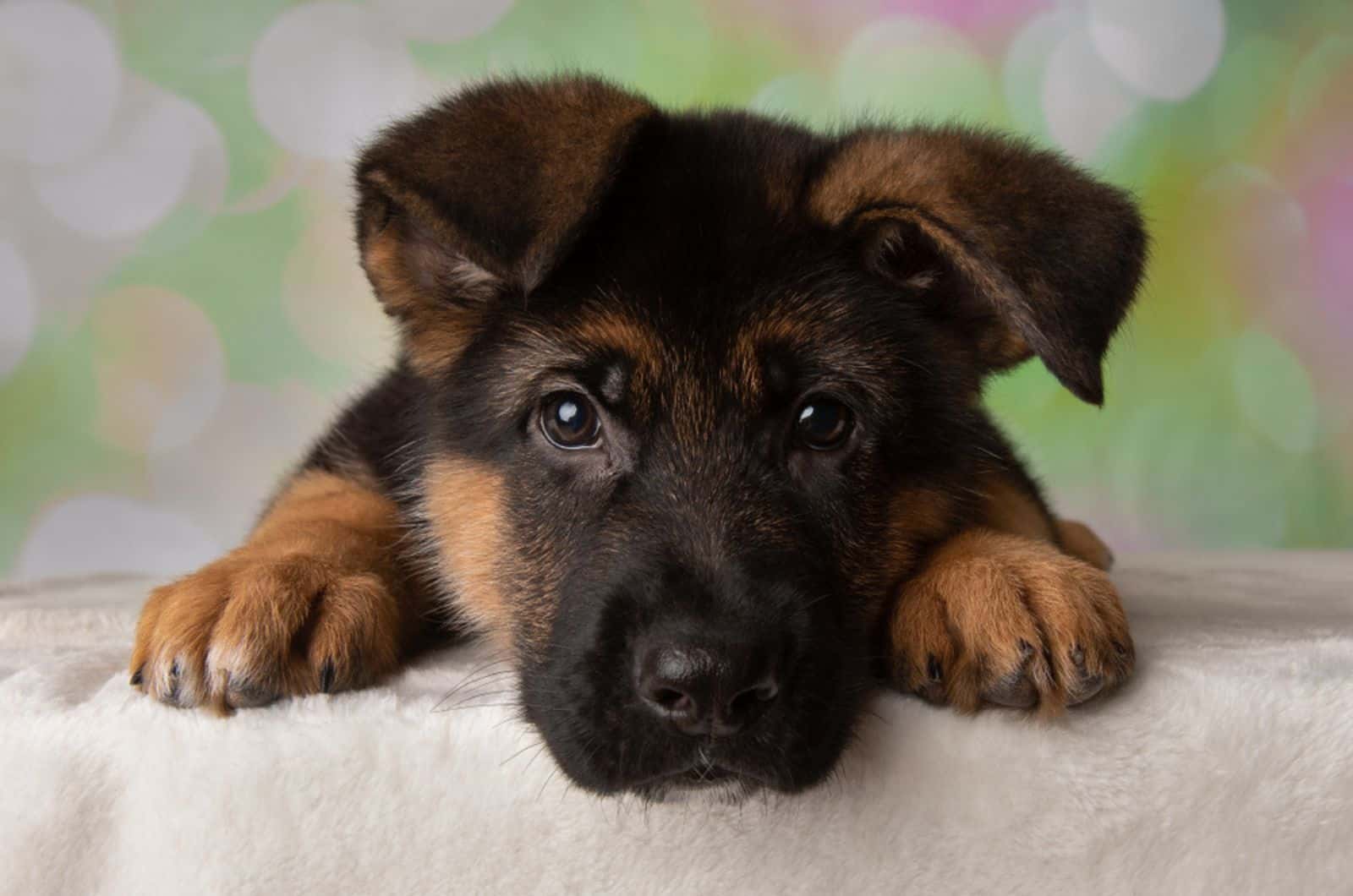
Ear infections can be a common issue for German Shepherds, especially during their early years when their ears are still floppy and developing.
These pesky infections can cause discomfort and irritation, leading to some noticeable signs.
The most common signs of an external ear canal infection include excessive scratching, head tilting, and a strong odor coming from the ear. In chronic cases, otitis externa could even lead to hearing loss (2)!
However, in some cases, when the inner ear is affected, the symptoms can be more severe.
Your furry friend may start to lean, fall, walk in circles, or even roll toward the side with the infected ear. It can be quite alarming to witness your once coordinated and agile pooch exhibiting such behavior, but it’s important to seek veterinary care immediately!
And no, ear cropping is not a solution for preventing ear infections in German Shepherds or any other breed.
2. Neurological Disorders
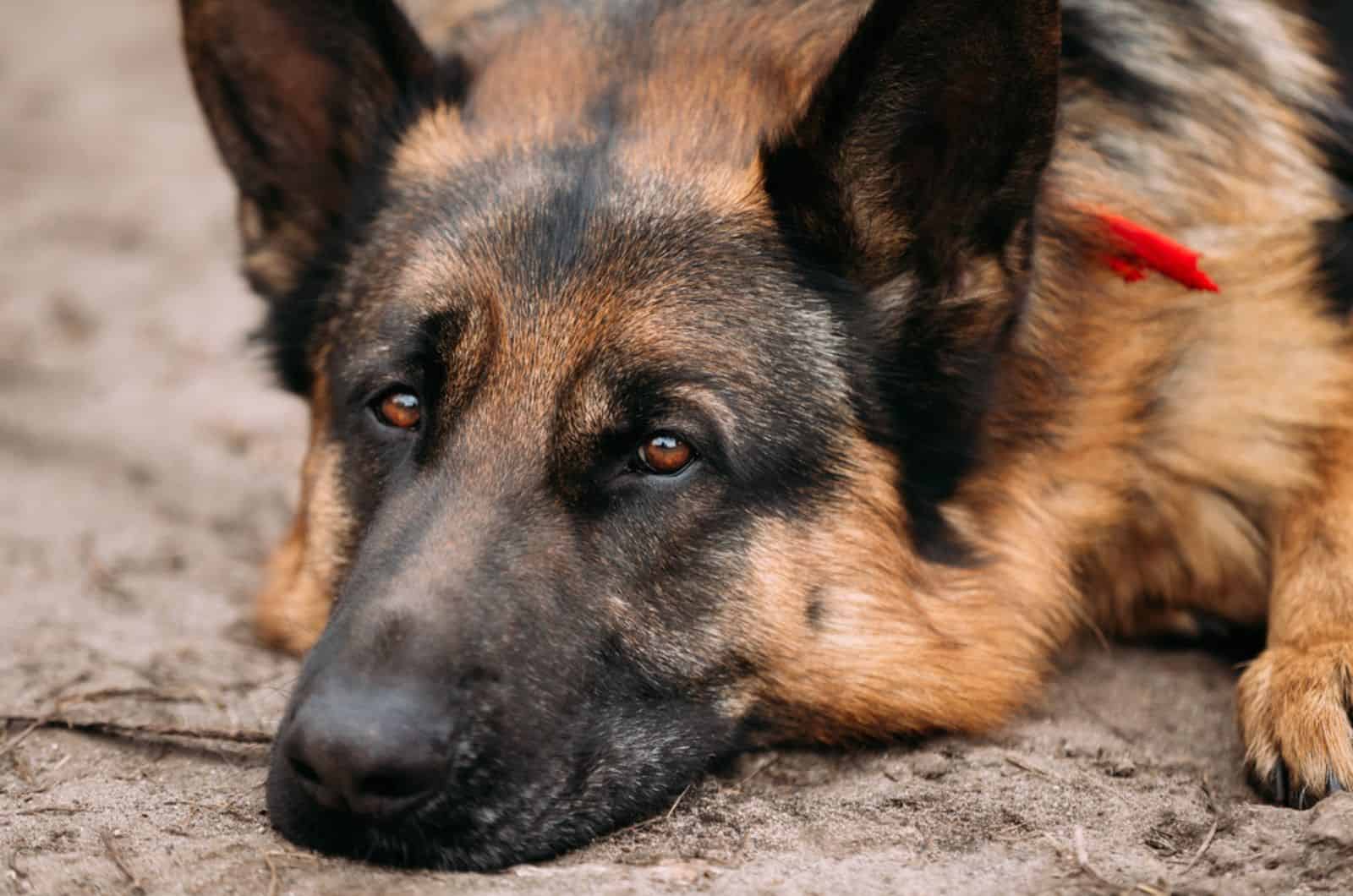
One common issue that can lead to circling in German Shepherds are forebrain disorders, that are types of neurological disorders.
Typical signs of forebrain dysfunction may include circling around the environment, being unable to follow a straight path, or turning in another direction.
Another condition that could affect older dogs is canine cognitive dysfunction, also known as “doggie dementia”.
This can result in symptoms such as pacing, standing in corners, getting stuck behind furniture, forgetting what they were doing, and yes, circling – often in a counterclockwise direction! This could also be a sign that your GSD is getting old.
It’s also important to keep an eye out for other neurological problems, such as
- Seizures
- Brain tumors
- Vestibular disease
- Encephalitis
3. Joint Pain
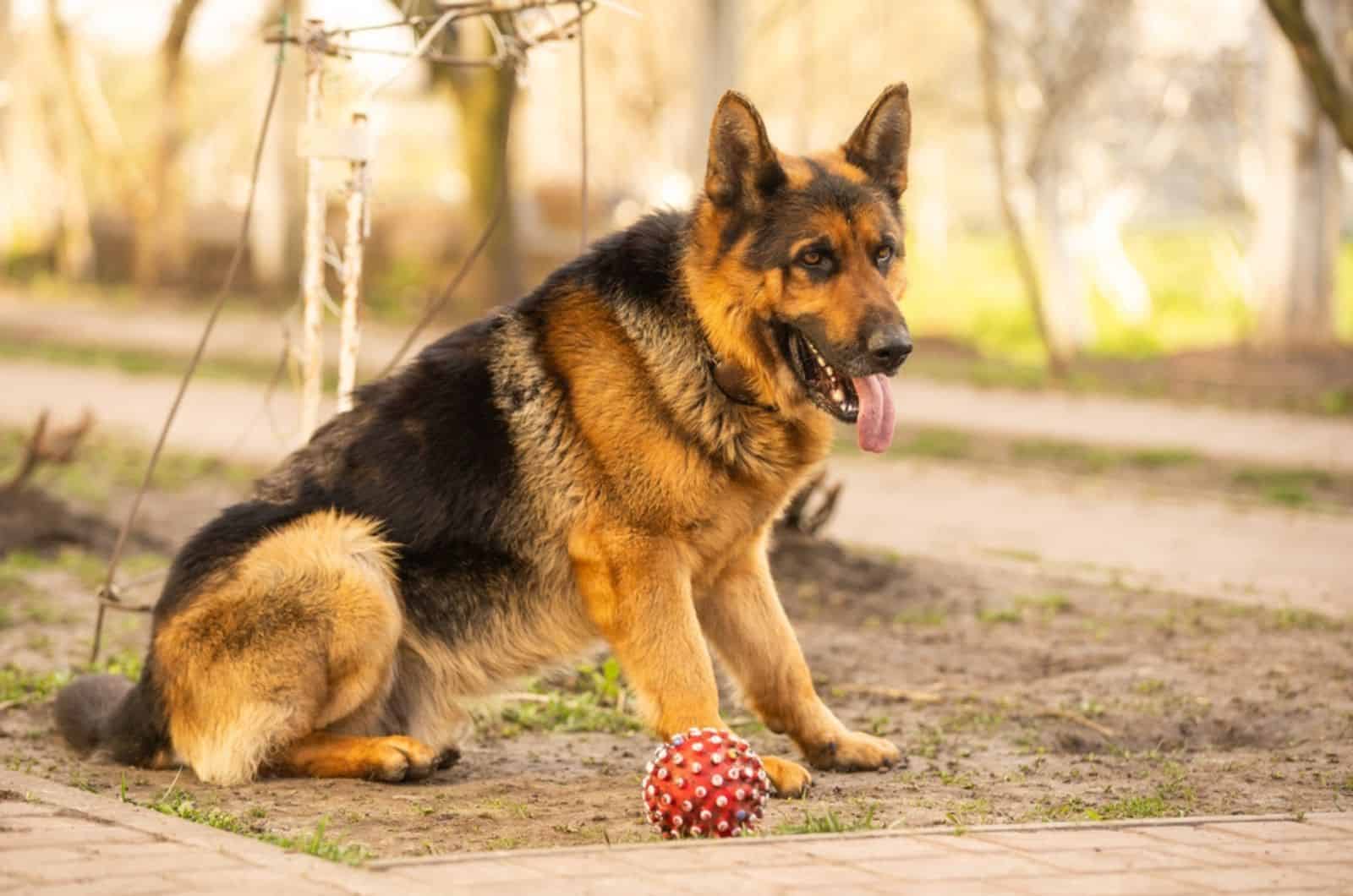
Lastly, German Shepherds are prone to skeletal problems because they are big-boned dogs that can put on some weight.
Throughout their growth, they may develop joint problems such as hip or elbow dysplasia.
Dogs with joint pain may circle or pace in an attempt to alleviate discomfort or find a more comfortable position.
This is why joint pain can be a potential cause of German Shepherds walking in circles.
They may also show other symptoms such as limping, stiffness, reluctance to move or jump, difficulty rising or lying down, and decreased activity levels.
Final Thoughts
So, did you figure out the reason why your German Shepherd is walking in circles? I am sure he just had a severe case of zoomies!
As harmless as this behavior may be, it is still important to be mindful of potential health issues that may arise throughout time.
All I have to say is, enjoy your walks with your beloved pup, while also prioritizing his well-being!
References:
1. BLEICHER N. Behavior of the bitch during parturition. J Am Vet Med Assoc. 1962 May 15;140:1076-82. PMID: 13869969.
2. Bajwa, J. (2019, January). Canine otitis externa – treatment and complications. The Canadian veterinary journal = La revue veterinaire canadienne.

